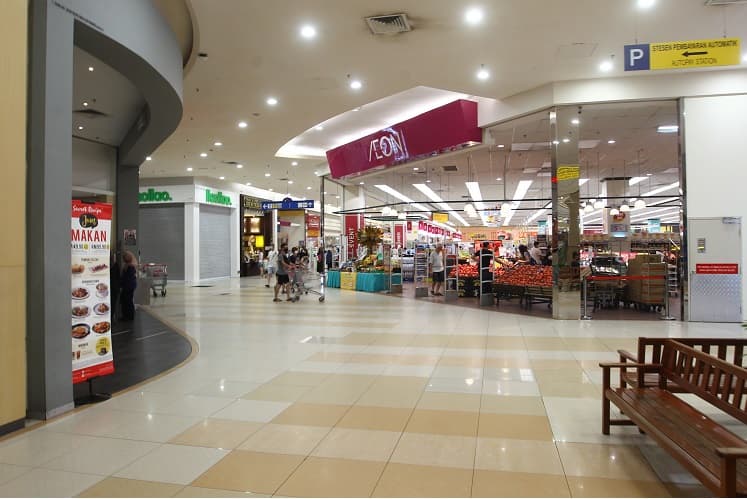
KUALA LUMPUR (April 14): Malaysia is expected to see its first retail sales contraction in 22 years at 5.5% in 2020, as the Covid-19 pandemic forces store closures under the Movement Control Order (MCO), consumers shun crowded places and tourist arrivals see a drastic drop.
This is a downgrade from the 4.6% growth it had projected for the year in December 2019.
In 1998, Malaysia’s retail sales growth — which doesn’t take into account big-ticket items such as houses and property — plunged by 20% during the Asian financial crisis.
Retail Group Malaysia (RGM), in a special “Preliminary Report on Malaysia Retail Industry During Covid-19 Pandemic” released today, anticipates that full-year numbers will be dragged down by performance in the first and second quarter of the year.
Unlike previous years, shopping for Chinese New Year did not boost sales in the first quarter while Hari Raya shopping is expected to be soft in the second quarter.
Retailers tend to rely heavily on these festive sales to make money.
The preliminary report has estimated that the January–March sales contracted by 18.8% after sales fell by 13.8% in January due to slow sales for Chinese New Year and a drop in tourist arrivals from China.
China tourists are the second biggest spenders in Malaysia, with more than a third of their spending going towards shopping.
As the spread of the virus worsened, Malaysia saw lower tourist arrivals in February, causing sales growth to dip by 20.1%
By March, RGM’s managing director Tan Hai Hsin said fear of the pandemic had begun to affect consumer spending.
This was followed by the MCO that came into effect on March 18 with non-essential retailers clocking in zero sales. Sales plunged by 28.9% in March.
In the April-to-June period, sales are expected to contract by 9.3% with the biggest dive in history recorded in the month of April at 60.7%.
This comes as almost the full month of April is under the third phase of the MCO.
Grocery sales growth won’t cushion decline elsewhere
Meanwhile, the positive growth in the grocery sales segment is not expected to provide much of a cushion to the decline elsewhere. The initial surge in sales enjoyed by grocery retailers is losing its momentum.
As Malaysians rushed to stock up during the first week of MCO, grocery retailers — supermarkets, hypermarkets, mini-markets, provision stores and convenience stores — saw business expand by 20.9% and in the second week of the MCO by just 9.5%.
“During the second week of the MCO, the shopping activities became normalised when Malaysian were able to plan their grocery needs wisely,” the report said, adding that the strict social distancing measures implemented affected the shopping traffic and sales receipt per person.
By the third and fourth quarter, retailers are hopeful of a pick-up and of posting a growth of 2.5% and 3.3% respectively.
Meanwhile, as stores are ordered to close for a total of six weeks of MCO, retailers are expecting to bear RM20.48 billion in operational and staff cost during this period.
This burden will be borne mostly by non-essential retailers even as their stores remain closed. A total of 126,000 retailers (including 10% of stalls and markets) remain open during the MCO while 209,000 retail stores (including 90% of stalls and markets) have been forced to close, resulting in 732,000 retail employees required to stay home.
Accordingly, RGM estimates that retailers have to bear RM14.31 billion in retail operating cost, which includes items like rent of premises, head office expenses, insurances, advertising and promotional expenses, and repair and maintenance.
Another RM6.18 billion is expected to be staff cost comprising salaries and wages, allowances and contributions to the Employees Provident Fund and Social Security Organisation.
Read also:
Retailers expected to bear RM20.48b in operational, staff cost during six weeks of MCO
Full-year retail sales growth revised to -5.5%
Malaysia’s retail growth dip in April 2020 expected to be lowest in history, contracting 60.7% due to MCO, early estimates show
Retail industry growth contracted by 18.8% in Jan-March 2020 during COVID-19 pandemic and MCO